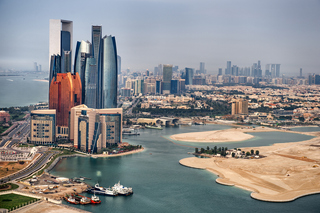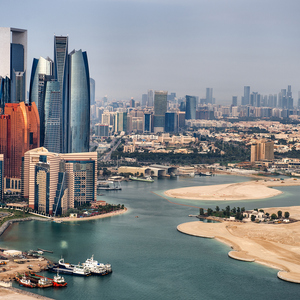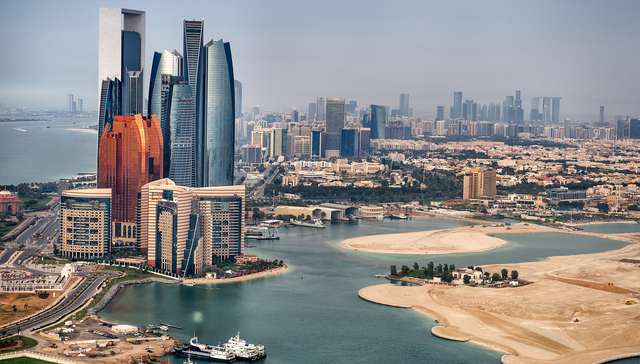By YANG Shihan
The Middle East region is the latest battleground for China's EV makers, with Xpeng, Zeekr, and Nio already putting down markers.
The confidence of EV brands is bolstered by the success of Chinese-made ICE vehicles in the region. Last year, Chinese auto sales in the Middle East grew by 22.2 percent.
Capital from the Middle East also favors Chinese brands, bringing them into the market through strategic investments and joint ventures.
The Middle East's preference for Chinese EV brands in part stems from criticism from environmental organizations due to the worsening climate crisis. Many believe that Middle Eastern nations should shoulder greater responsibility for protecting the environment.

The UAE announced in July of this year that EVs are expected to comprise only half of the vehicles on the road by 2050. While electrification has become an irreversible trend, the UAE's introduction of EV policies may set an example for neighboring countries.
With increasing stability in the Middle East, more overseas companies are entering the region. According to market research firm Mordor Intelligence, the value of the EV market in the Middle East and Africa was US$4.25 million (290 million yuan) in 202, and expected to be at least 20 times greater by 2027.





